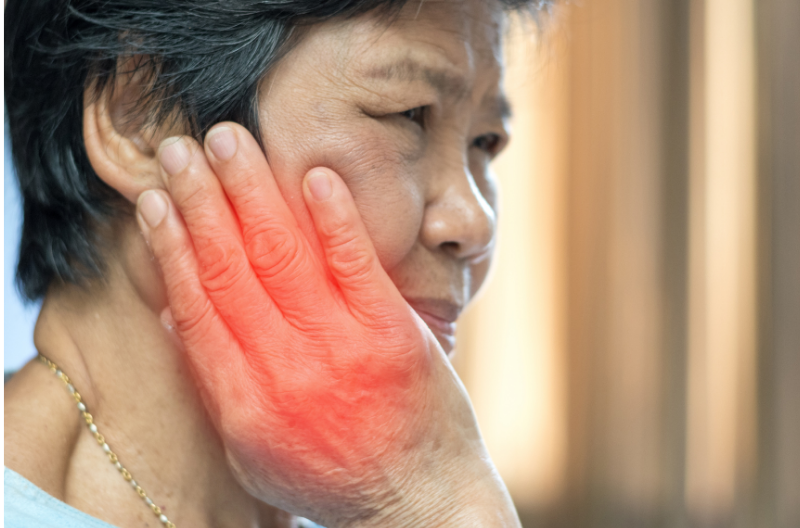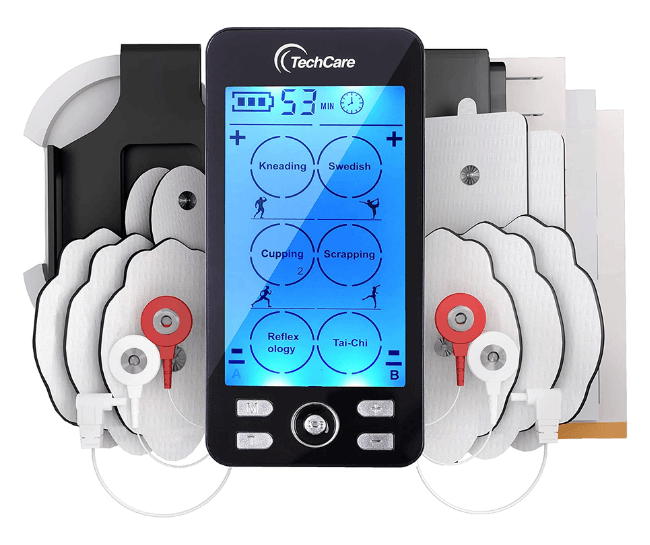Temporomandibular Joint (TMJ) is a disorder in which the teeth, joints, and muscles are strained or misaligned. It is frequently difficult to pinpoint the specific origin of a person’s TMJ condition. Your discomfort might be caused by a variety of factors, including heredity, jaw injury, or arthritis. Some persons who suffer jaw discomfort also clench or grind their teeth.
Although not life-threatening, TMJ disorder may cause substantial pain and stress if left untreated. Chronic pain may also contribute to the development of disorders, such as anxiety.
Is it possible for TMJ to go away
Fortunately, most patients with TMJ conditions will ultimately experience recovery from TMJ symptoms, such as jaw discomfort. This might be needed for a healthier lifestyle and a reduction in stress levels.
Is TMJ damage permanent
Although TMJ is not a life-threatening condition, its symptoms may have a severe effect on the quality of life over time if it remains unaddressed.
What happens when TMJ is left untreated
TMJ conditions may have a significant impact on the lives of individuals who suffer from it. Constant headaches, neck strain, teeth grinding, and other symptoms of the illness may have a serious impact on a person’s health. Sleep is often disrupted by teeth clenching and grinding, which may lead to long-term problems, such as insomnia, nightmares, and disrupted cortisol cycles. Sleep disruption, according to research, may also play a significant part in sadness and anxiety because it interacts with the body’s normal hormonal reactions.
As you’ve seen, TMJ disorder may have long-term consequences that have a significant influence on overall health and fitness. Your dentist may also show worry about early teeth and gum deterioration caused by grinding and clenching. Finally, some persons with this illness have inner ear difficulties, such as ringing (tinnitus), balance disorders, or vertigo. It is reasonable to state that untreated TMJ issues have a slew of negative repercussions.
Is it possible to cure TMJ permanently
Yes, with proper care and treatment, you can cure it permanently and the following are some therapies for Temporomandibular Joint.
Tips on how to cure TMJ permanently
- Splints
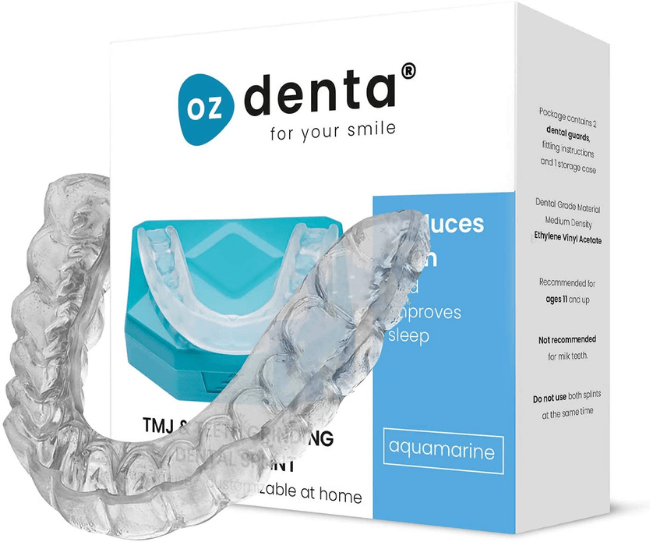
Splints are custom-made to go over either lower or upper teeth. These splints serve as a barrier between your teeth, preventing you from grinding them. This gives the temporomandibular joint ample rest and allows it to heal without difficulty. However, do not remove the splints soon after the discomfort has subsided. Wear it for two or three more days to let the joint heal fully. To avoid further strain on the rehabilitated joint, follow a soft diet for a few more days until resuming your usual habits.
- Physiotherapy

Physical treatment includes joint-specific exercises. Chin scrunches, tongue upward, jaw motion, and forced closure are just a few of the routines that might assist a lot. Temporomandibular Joint exercises, according to research, aid with mouth opening motion and pain reduction. When opposed to splints, therapeutic exercise results in the faster recovery of jaw function.
Furthermore, acupuncture and various types of massage are very beneficial in treating TMJ issues. Before doing any of the exercises listed, it is recommended that you check with a physiotherapist. Note that executing them incorrectly can only make conditions worse, which is why you should seek expert guidance.
💡 Physiotherapists are more than willing to treat individuals who aren‘t in pain and have no health conditions in order to prevent future illnesses. Those who are simply interested in building their physical strength and endurance or becoming better athletes should feel free to work with a physiotherapist.
- Surgery

TMJ surgery is drastic and is only used as a last option. TMJ components may be fixed, relocated, and, in certain situations, removed and replaced. Jaw procedures are performed under general anesthesia and need a lengthier recovery period. Moreover, jaw surgery has considerable dangers, including loss of jaw mobility, scars, and your system refusing the prosthetic joints. It is critical, to begin with safer, less expensive, and non-invasive solutions. If a doctor suggests surgery, always seek medical advice.
- Transcutaneous electrical nerve stimulation (TENS)
To relieve pain, electric shocks are applied to the inflamed region, and electric currents are delivered via the nerves. TMJ discomfort should not be ignored since it may lead to irreparable consequences if left untreated. You must do whatever possible to adequately relax your joints till the discomfort goes away.
- Arthroscopy
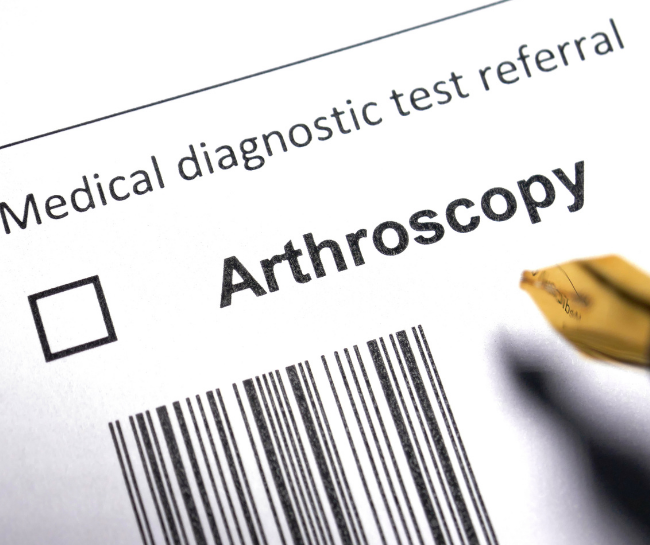
An orthopedic surgeon performs arthroscopy treatments to aid in the identification of TMJ issues. A tiny fiber-optic camera is inserted into the joint during the procedure. This allows the surgeon to explore what is triggering the trouble in the joint.
- Arthrocentesis
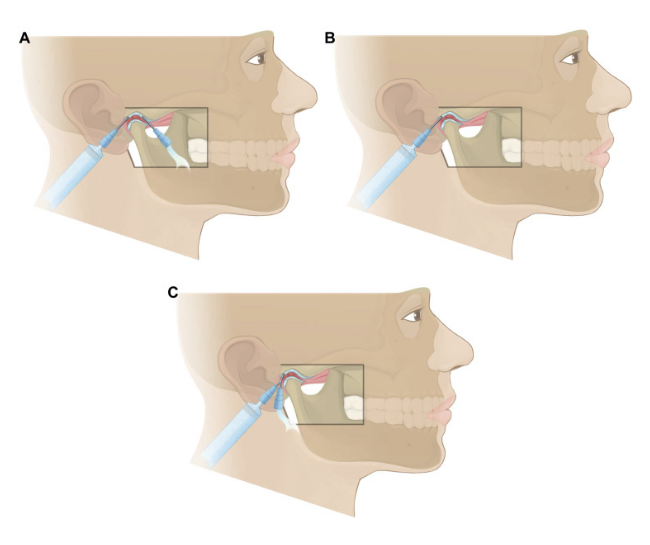
The techniques for arthrocentesis are similar. However, they are utilized for both diagnosis and therapy. A tiny syringe and needle are being used in this operation to empty fluid from the joint. Emptying the fluid from the joint may assist a physician in determining the source of joint swelling.
- Valium
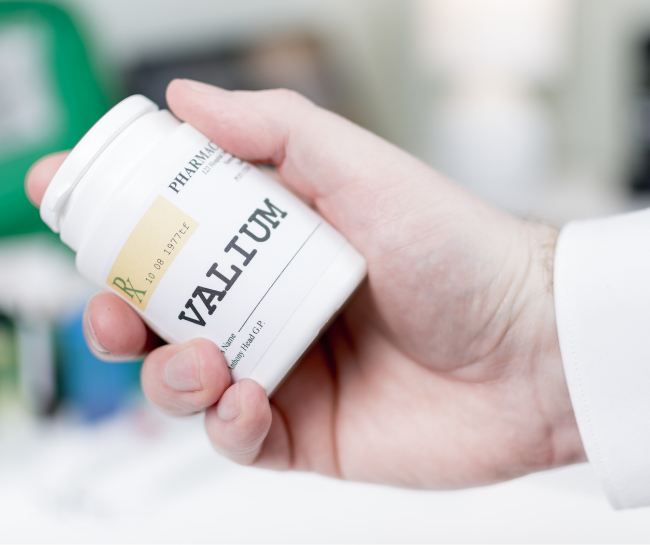
Valium may be used to relax muscles. Valium, also known as diazepam, is commonly used to treat muscular spasms linked with TMJ. Valium may help reduce tension and worry, which can lead to nighttime grinding or clenching, which can lead to TMJ. Valium may provide a short relief from a TMJ flare-up. However, if you’ve been using Valium for a long time to treat chronic TMJ, talk to your doctor before stopping, even if your symptoms have improved. You may have anxiety, stomach cramps, trembling, nervousness, vomiting, and suicidal thoughts if you quit taking Valium suddenly.
- Skelaxin
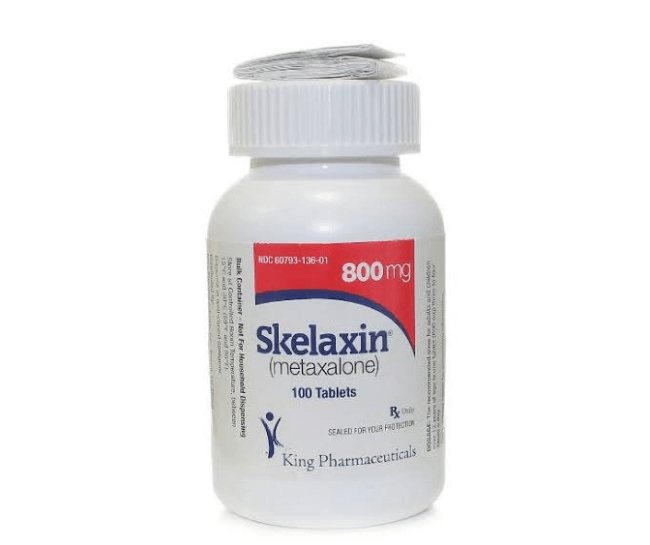
Skelaxin, also known as metaxalone, is a muscle relaxant that works by blocking the nerve synapse in the brain that transmits the information that the person is in pain. This medicine is often prescribed to those who are undergoing TMJ physical treatment. By blocking the discomfort while treatment is being administered, the patient is able to enjoy a more effective session without being severely constrained by TMJ discomfort.
- Flerexil

Flexeril (cyclobenzaprine), like Skelaxin, is a muscle relaxant that suppresses pain sensations or nerve signals to the brain. This drug is often administered for a TMJ injury. It may be beneficial to those who are undertaking physical therapy. Reducing a person’s discomfort and muscular spasms may help them get more out of therapeutic treatments such as stretching, exercise, and massage.
- Steroids

Another method for treating TMJ difficulties is to use steroids. To relieve TMJ discomfort and inflammation, corticosteroids may be administered into the jaw. Another temporomandibular joint injection that may help alleviate persistent TMJ discomfort is botulinum toxin type A, better known as Botox.
Read this blog post to know What Happens If You Take Vitamins on an Empty Stomach?
https://www.capitolmedical.com.ph/wp-content/
https://www.mededuinfo.com/themes/
https://sweet-bonanza-indonesia.powerappsportals.com/
https://slot-deposit-via-seabank.powerappsportals.com/
https://situs-starlight-princess.powerappsportals.com/
https://mahjong-ways-1-dan-2.powerappsportals.com/
https://bandar-judi-slot-deposit-pulsa.powerappsportals.com/

